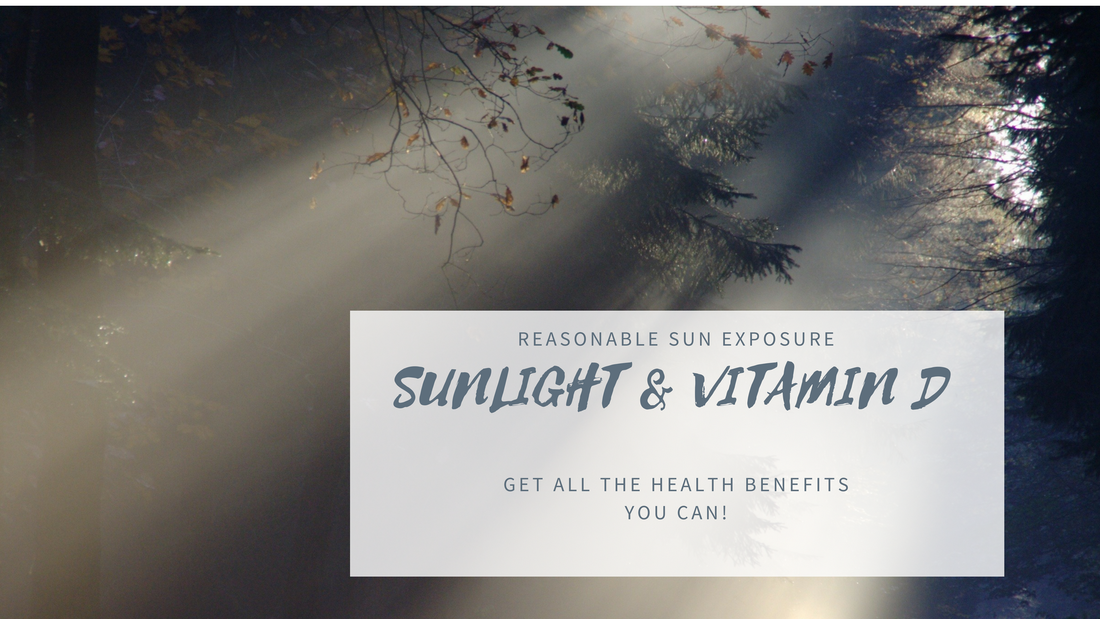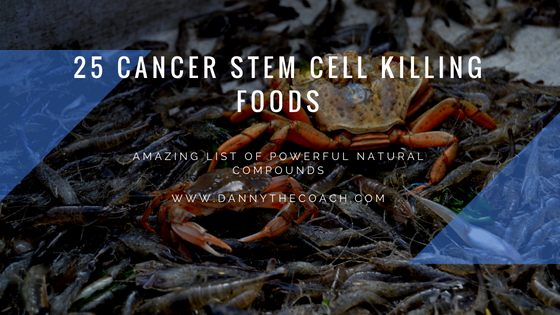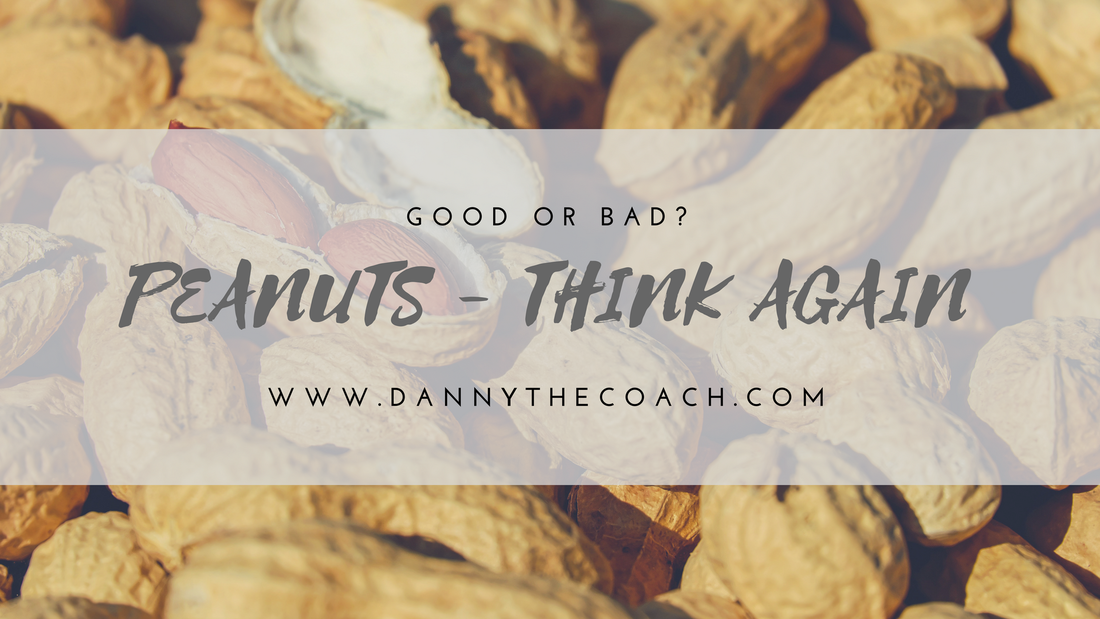|
I don't know about you, but I love a fresh ground organic cup of black coffee in the morning.
Did you know that coffee has multiple potential anti-cancer pathways? Caffeine is one of them, as it has been shown to both stimulate and suppress tumors depending on the cancer and when it is administered. Polyphenols in coffee, such as lignan phytoestrogens, flavonoids, and polyphenols are also known to have anti-cancer properties, as does caffeic acid, which inactivates several pathways involved in the development of tumors – including cell cycle regulation, inflammatory and stress response, and apoptosis. Another reason why coffee may have a positive effect on our health is because it is the number one source of antioxidants (coffee include significant amounts of hydrocinnamic acid and polyphenols). Free radicals are a type of a highly reactive metabolite that is naturally produced by the body as a result of normal metabolism and energy production. They are the natural biological response to environmental toxins like cigarette smoke, sunlight, chemicals, cosmic, and man-made radiation, and are even a key feature of pharmaceutical drugs. Important Notes: Make sure to drink you coffee black, without sugar, without creamer, without flavorings. If any way possible, buy your coffee certified organic as the coffee beans are one of the most heavily pesticides-sprayed crops. Do the smell test: If your coffee doesn't smell and taste fresh, it most likely is rancid. Don't overdo it. Two to four cups of high-quality, organic coffee should do the trick. Enjoy.
0 Comments
We've talked about the importance of sunshine in a previous article but we came across new, supplementing and interesting data from Dr. M. F. Holick, Ph.D., M.D. He's a Professor of Medicine, Physiology and Biophysics; a Director of the General Clinical Research Unit; and a Director of the Bone Health Care Clinic and the Director of the Heliotherapy, Light, and Skin Research Center at Boston University Medical Center. He's done extensive research on Vitamin D. He determined the mechanism for how vitamin D is synthesized in the skin, demonstrated the effects of aging, obesity, latitude, seasonal change, sunscreen use, skin pigmentation, and clothing on this vital cutaneous process. (Source: Dr. Holick's website - link below) Here is the fantastic info from an interview with Dr. Holick about sunlight and vitamin D. Reasonable sun exposure provides health benefits not obtained via vitamin D supplementation. It reduces risk of: melanoma, all cause mortality, breast cancer, blood pressure, MS, obesity & Type II Diabetes. It increases the risk of: non-melanoma skin cancer. Health benefits associated with sun exposure that you do not get from solely supplementing with vitamin D:
Could some of this be tied to living in a blue zone/green zone?
Is it better to shoot for optimum sun exposure, optimum vitamin D levels, or both?
Note about Sunscreen
Note about Vitamin D supplement
Dr. Holick’s recommendations for ideal levels of vitamin D
Dr. Holick’s guidelines for obtaining adequate sun exposure
What to do in the winter?
What about tanning beds?
What about people with malabsorption issues?
Dermatology community
Sources: Learn more about Dr. Holick - click here UCSD Video with Dr. Holick Below is a list of things you could do next time you're on a long flight to your next vacation or business meeting. These are simple tips to incorporate to stay healthy and you'll be amazed how refreshed you'll be. Try them. If you have any questions or need additional tips, contact us.
There are thousands of natural compounds that have been studied with demonstrable anti-cancer activity, but only a small subset of these have been proven to target and kill the cancer stem cells which lie at the root of cancer malignancy. Here is the list of some of the most powerful natural cancer stem cell killers:
Natural Product Resource Study - click here Full article: click here © 05/07/2018 GreenMedInfo LLC. This work is reproduced and distributed with the permission of GreenMedInfo LLC. Want to learn more from GreenMedInfo? Sign up for their newsletter. Peanuts have been deceiving us this whole time. Peanuts are part of the legume family. They're not nuts. Now, they contain monounsaturated fats, which are linked to a reduced risk of cardiovascular disease. Peanuts do contain a number of valuable nutrients, including trace minerals such as copper, manganese and molybdenum, along with vitamins B1, B3 and E, folate, biotin and phosphorous. They also contain a number of highly beneficial antioxidants, including resveratrol and p-coumaric acid.
However, keep in mind that peanuts tend to be heavily sprayed with pesticides and frequently contaminated with aflatoxin toxic metabolites produced by certain molds that grow in soil and moist environments. And, peanuts have the drawback of being relatively high in omega-6, so they may further skew your omega-3 to omega-6 ratio, which is a problem many may struggle with if you eat processed foods and not enough omega-3 fats. Contamination can occur anytime during pre-harvest, storage, and/or processing. Unbeknownst to many, gut problems such as leaky gut can be related to the presence of these mycotoxins (aflatoxin). Alternatives to Peanuts and Peanut Butter:
Another fact about macadamia nuts: about 60 percent of the fatty acid in macadamia is the monounsaturated fat oleic acid. This is about the level found in olives, which are well known for their health benefits. This little tidbit is a fact few people make note of when discussing the benefits of macadamias. Pecans also boast more than 19 different vitamins and minerals that studies suggest can help you lower LDL cholesterol and promote healthy arteries. |
Author
DannyTheCoach Archives
January 2023
Categories
All
|






 RSS Feed
RSS Feed